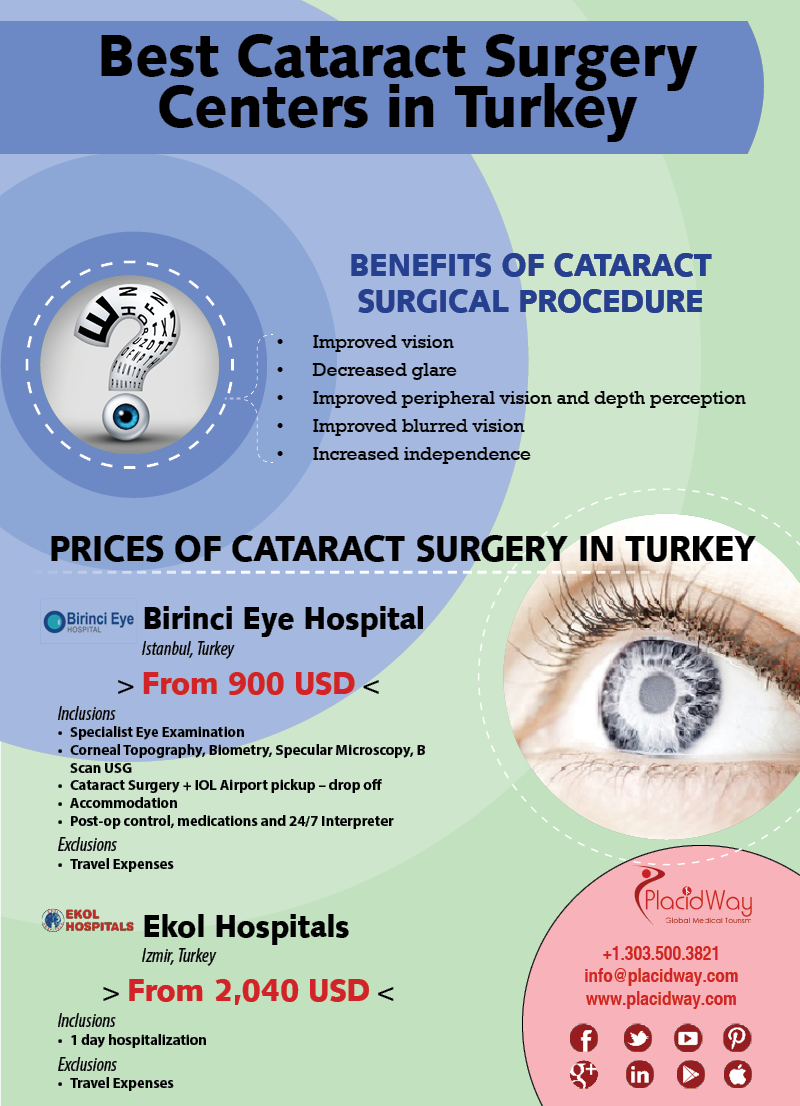Unclear Concerning SMILE Surgical Procedure? Check Out Crucial Factors And Insights That Will Guide You In Making A Knowledgeable Selection Concerning Your Vision's Future
Unclear Concerning SMILE Surgical Procedure? Check Out Crucial Factors And Insights That Will Guide You In Making A Knowledgeable Selection Concerning Your Vision's Future
Blog Article
cataract surgery time -Diaz Bilde
If you're considering SMILE eye surgery, consider this: are you prepared to accept potential aesthetic liberty, or does the idea of any threats make you hesitate? Your choice will rest on a mindful balance of considering the benefits versus the unpredictabilities. It's important to dive much deeper into the subtleties of SMILE surgery to make an educated selection that lines up with your aesthetic objectives.
Recognizing SMILE Eye Surgery
When considering SMILE Eye Surgery, it's important to understand the treatment and its advantages. SMILE, which represents Tiny Cut Lenticule Removal, is a minimally intrusive laser eye surgery that corrects typical vision problems like nearsightedness (nearsightedness).
Throughout the procedure, your eye surgeon will certainly use a femtosecond laser to create a little laceration in your cornea. Via this laceration, a tiny disc of tissue called a lenticule is removed, improving the cornea and correcting your vision.
One of the key benefits of SMILE Eye Surgical treatment is its quick healing time. LASIK Vision Center of patients experience enhanced vision within a day or 2 after the treatment, with marginal pain.
Additionally, SMILE is understood for its high success rate in supplying long-term vision improvement. Unlike LASIK, SMILE does not require the development of a flap in the cornea, lowering the threat of issues and enabling a much more stable corneal framework post-surgery.
Understanding the treatment and its benefits is vital when thinking about SMILE Eye Surgery for vision modification.
Pros and Cons of SMILE
Considering SMILE Eye Surgical procedure for vision adjustment includes various benefits and possible downsides.
Among the major pros of SMILE is its minimally intrusive nature, as it includes a little incision and typically leads to quick recuperation times. The treatment is likewise recognized for triggering marginal pain and completely dry eye symptoms post-surgery compared to other vision improvement approaches. In addition, SMILE has been shown to provide outstanding aesthetic results, with numerous individuals attaining 20/20 vision or much better.
On the other hand, a potential disadvantage of SMILE is that it may not appropriate for individuals with extreme refractive errors, as the therapy array is rather minimal contrasted to LASIK. An additional factor to consider is that the understanding contour for doctors implementing SMILE can influence the accessibility of skilled companies in particular areas.
It is necessary to consider these advantages and disadvantages carefully when making a decision if SMILE is the appropriate option for your vision improvement requirements.
Determining Eligibility for SMILE
To establish if you're qualified for SMILE eye surgery, your optometrist will certainly carry out a complete evaluation of your eye health and vision demands. Throughout this examination, variables such as the stability of your vision prescription, the density of your cornea, and the overall health and wellness of your eyes will certainly be examined.
Normally, candidates for SMILE are over 22 years old, have a steady vision prescription for at the very least a year, and have healthy corneas without problems like keratoconus.
Your eye doctor will certainly also consider your total eye health and wellness, any kind of existing eye conditions, and your lifestyle requires to identify if SMILE is the right selection for you. It's vital to communicate any kind of specific aesthetic needs or problems you may have throughout this assessment to ensure that the treatment lines up with your assumptions.
If Read the Full Guide qualified for SMILE, your eye doctor might recommend alternative vision modification alternatives that much better fit your private demands and eye health and wellness condition.
Final thought
Eventually, deciding whether SMILE eye surgical treatment is right for you needs careful consideration of your individual eye health and wellness and visual needs. Seek advice from your ophthalmologist to identify your eligibility for the treatment and consider the prospective advantages and disadvantages. Bear in mind to communicate any type of concerns or questions you might have throughout the assessment process to make an educated choice regarding your vision modification alternatives.
